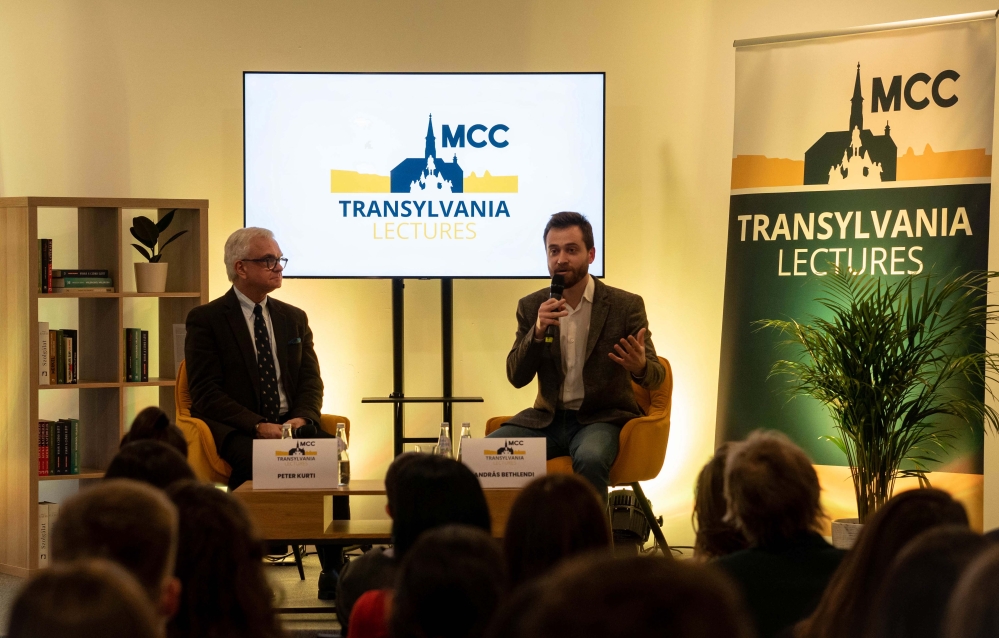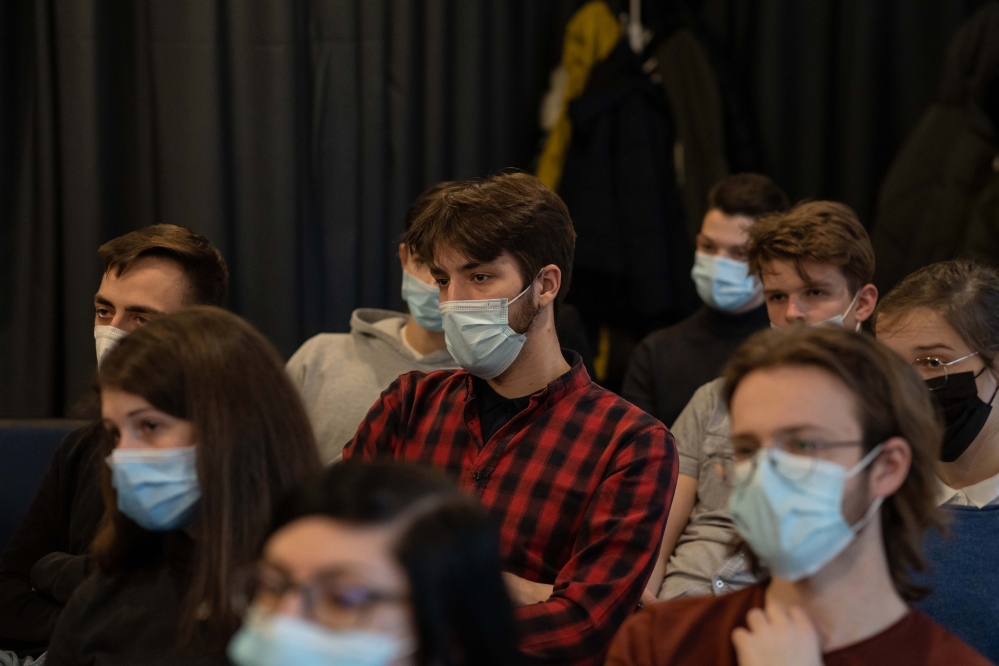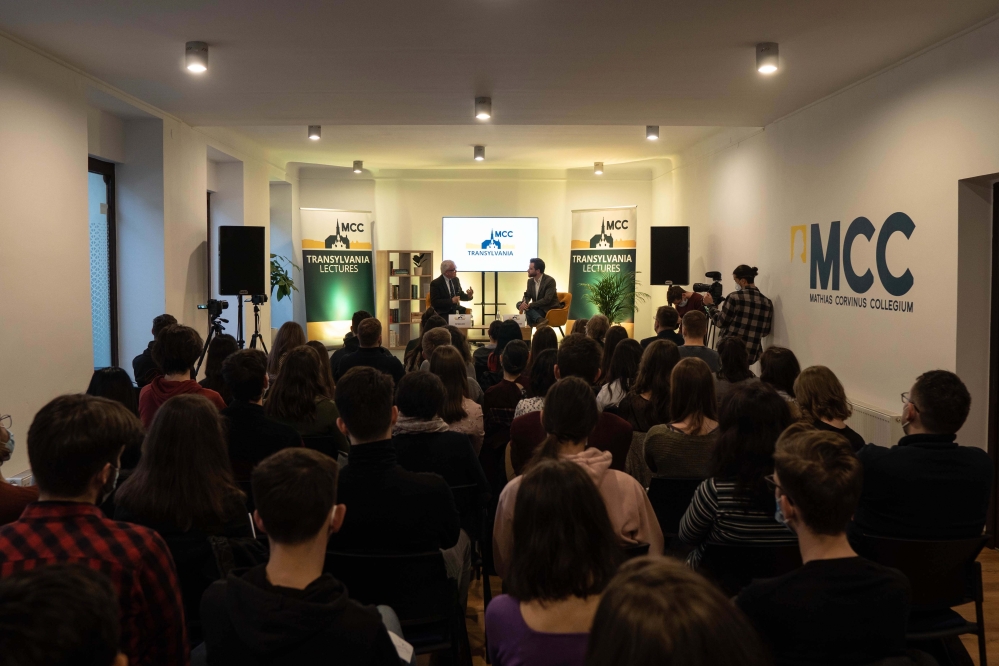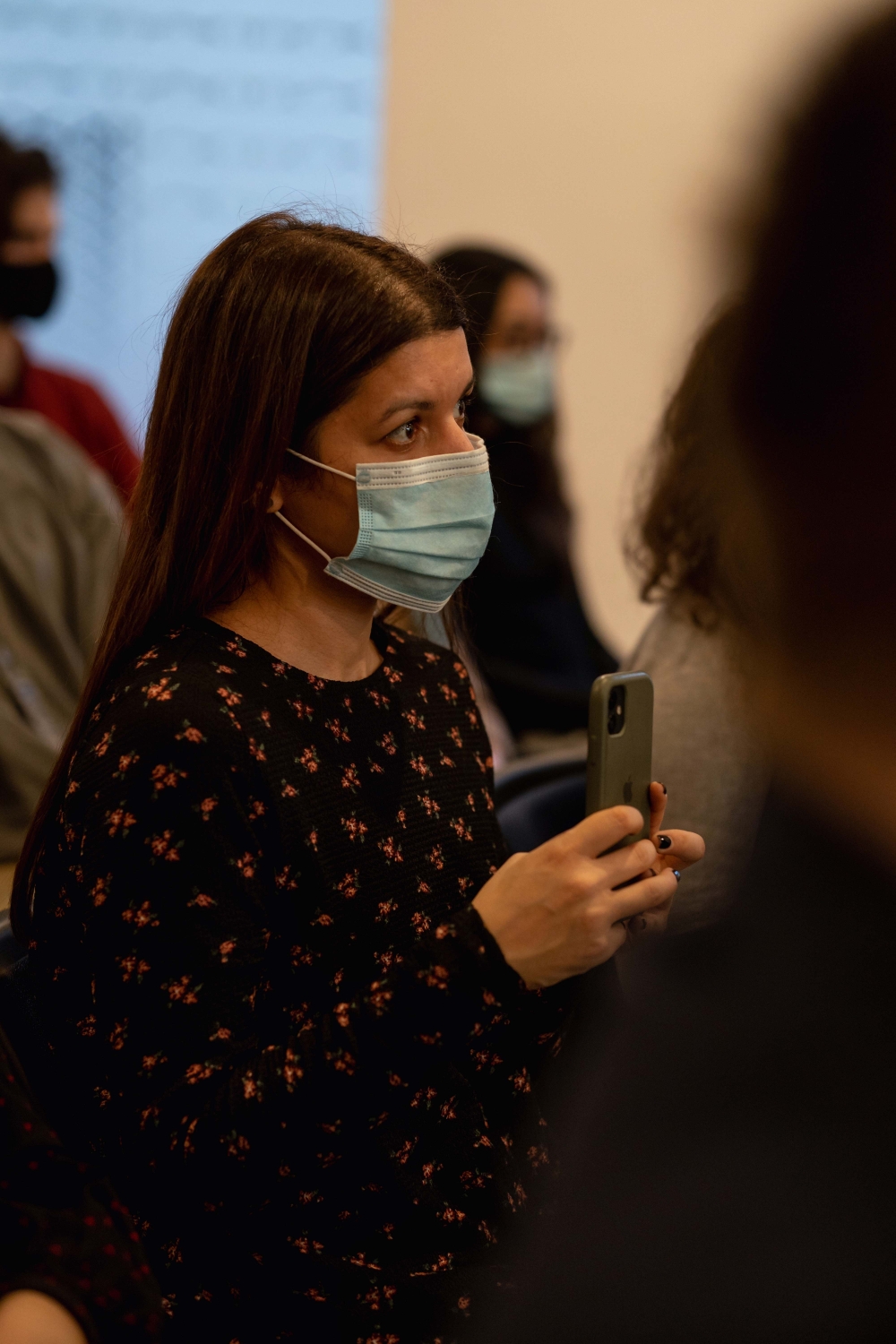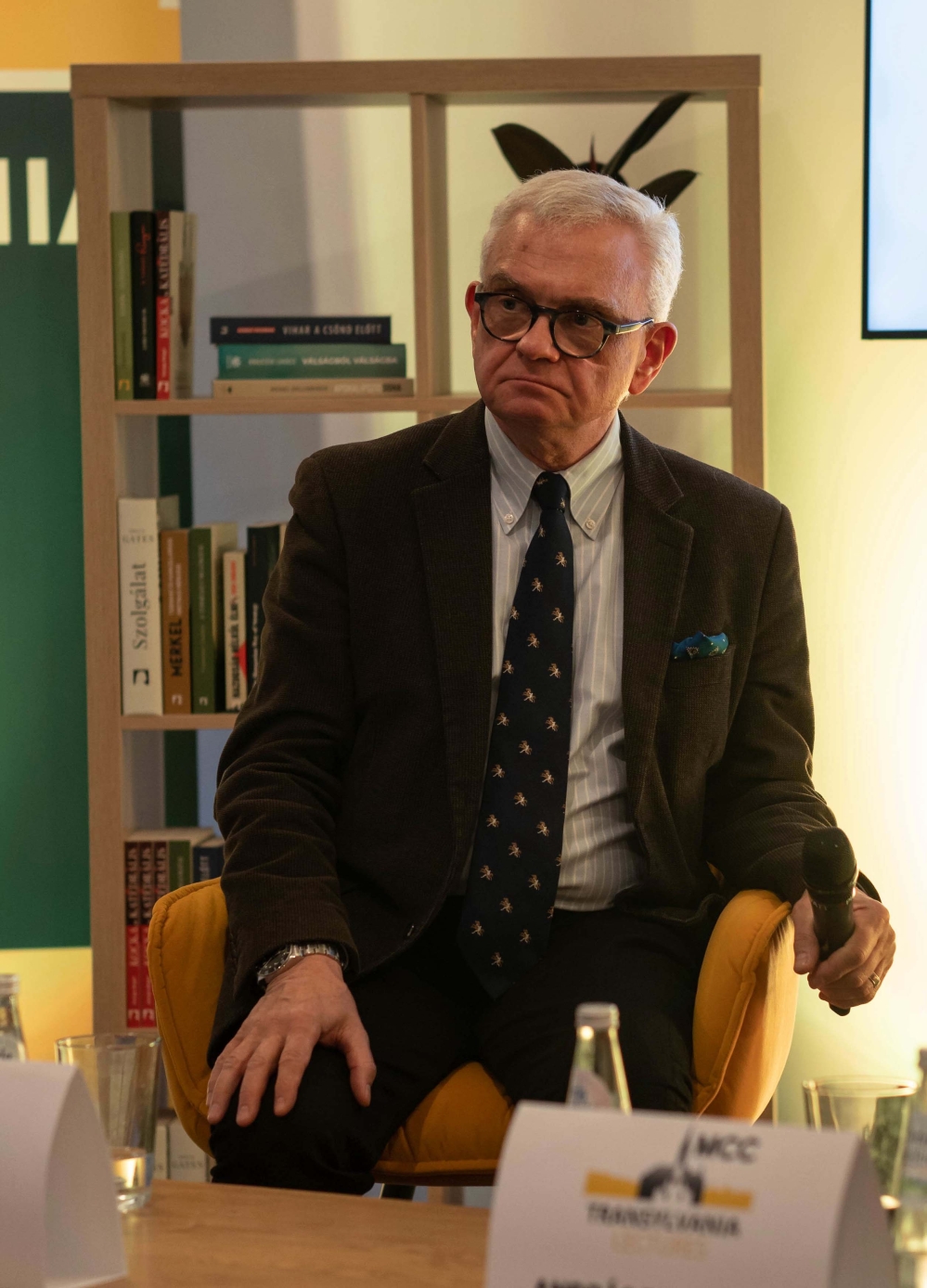Reading time: 3 minutes
The Mathias Corvinus Collegium Transylvania Lectures series started on 21 February in Kolozsvár. Our first guest speaker was Peter Kurti, an Australian writer and Anglican pastor with a background in law, theology and philosophy, who publishes on religious, legal and social issues.
Transylvania Lectures is a public event, organized every month mainly for students, with the participation of foreign speakers. The aim of the series is to engage in a discussion on the important and divisive issues of our time with speakers who are either close observers or shapers of the most important public, social and business processes, said Botond Talpas, General Director of MCC Transylvania.
Our first guest was Peter Kurti, head of the Culture, Prosperity & Civil Society program, who shared his thoughts on Tradition, Tolerance and Ambiguity – Making Competent Citizens. The speaker is an Anglican clergyman, an Associate Professor of Law at the University of Notre Dame, Australia, and a Fellow of the Royal Society of Arts, Charles Sturt University, Australian Centre for Christianity and Culture. The discussion was moderated by András Bethlendi, Director of Transylvanian Academic Affairs at the MCC.
At the beginning of his presetation Peter Kurti said that during his short stay in Transylvania, every meeting and conversation made him think. Referring to the title of the event, he pointed out that being a good citizen means more than expecting the state to provide solutions. It is necessary to value traditions, to be tolerant, i.e. to respect each other (which does not necessarily mean agreement, but also not disinterest) and to accept diversity without resolving the contradictions that arise. According to the speaker, multiple opinions, world views and traditions can live in peace without resolving differences. But this requires mature citizens to work together, to build society together, without waiting for the state to intervene.
As an example, he mentioned his own environment, where people of different religions live in peace, accepting differences. However, in a secular society, many people want to silence religious voices and those who express dissent are attacked. In such situations, the role of respect for different opinions and views (in this case between religious and secular) is valued. For if individuals cannot express differences of opinion, it makes life more difficult for communities. Religious institutions and communities, for example, do not want secular society to impose its views on them. And although religiosity is declining in many Western societies, there remains a strong moral worldview that continues to shape them.
Peter Kurti pointed out that educating responsible citizens is a long process, with a lot of learning and development, but also a lot of failure. A good starting point is to be a member of a religious community, a civil society organization, to take part in public discussions. He added: "That's what the MCC is working on: bringing together people from different backgrounds who can learn from each other."
